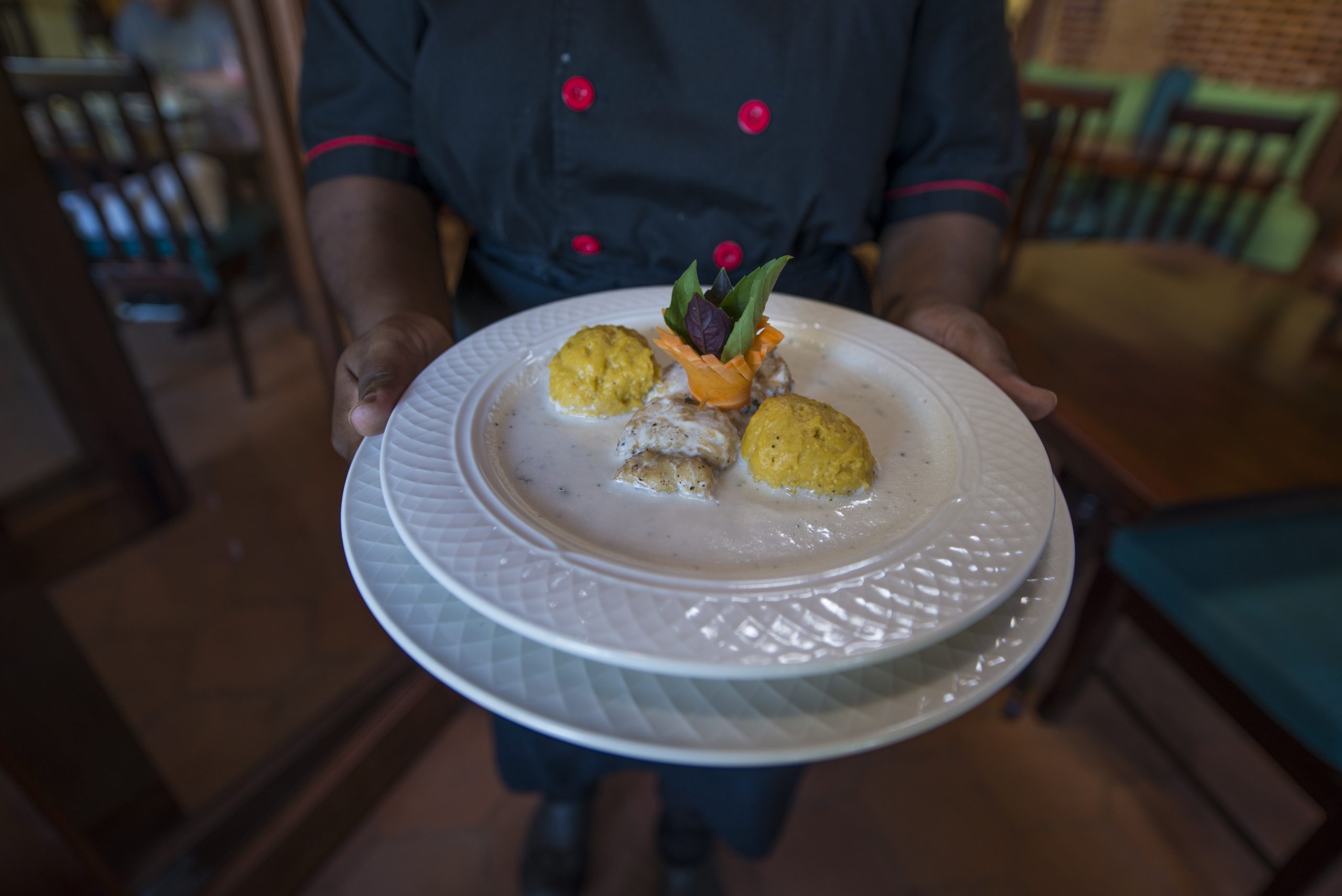To Serve- To Wait- To Host, perchance a Tip

T
hey are the first and main point of contact. They are the faces, the voices, and the information sources that can make our dining-out experience pleasant or unpleasant. We walk in, we sit down, and our job is to scan the menu for the beverage and food options- we place our order. Their job is to take that order and then bring the food when it is ready. But, is that all that they do? If bringing the food and the drink are the only things that a waiter or waitress does, why do we expect so much more from them? Why is it that they can impact our experience so completely from start to finish, if the food comes from the cook and the drinks from the bartender? The answer is simple. Their job is not so artless. Every Server carries a tray of responsibilities that include some technical and some soft skills. Their demeanor and treatment of us, while we dine, require good temperament, tact, and remaining tenaciously composed no matter what is happening at the table, behind the bar, or in the kitchen. The job of the server is a major part of our hospitality sector and tourism industry. The hospitality component includes a variety of jobs such as room-service, chef/cook, receptionist, bartending, hostess/host etc. In Belize, hospitality accounts for approximately 30% of total visitor spending in the country. Servers are especially special because they are tourism frontline celebrities and diplomats.
Hospitality in tourism combines accommodations with food and beverage. It refers to the generous and friendly reception of guests, visitors, and strangers. Workers in this sector meet, speak with, cook for, entertain, clean up after, serve, and to a certain extent, learn the preferences and habits of people that they have never met before- not an easy thing to do. According to some accounts, the concept of modern restaurants came from France in the 18th century; however, there are accounts of restaurant like establishments in China from around 1100 A. D. Similarly, hotels have grown from being places that people would have to stop at on their journey, to actually being the main destination itself. The first public hotel opened in New York City in 1792. In 2021, the Belize Tourism Board’s (BTB) Statistic Digest showed that we had 543 accommodations for visitors and 878 food and beverage serving activities. The numbers for both are still recovering post pandemic. The people in hospitality affect our stay and experience because to a certain extent they are the experience. They are the smiling face, the cheerful demeanor, the kind voice, the skilled hands, the helpful guide, and the friendly stranger. The standard of hospitality depends on who is hosting when we check in, relax at the pool, and have our meals. If their job is to host, wait on, and serve us, what is the role of the guests in all of this?
The only responsibility that inbound and local visitors have is to relax, rejuvenate, and remember their experiences. As the old saying goes “the customer is always right”, however, the pandemic taught us that the jobs that go overlooked, many times are the ones that are vital within an industry. Here is a tip, without hospitality workers, we might get only half of the tourism experience. A second tip is that the serving food and drinks include so much more skill, energy, and tact than we may realize. For that we highlight the “Tipism” in our tourism. Tip your hat off to these workers and maybe include a tip at the end of your experience- they deserve it.
See you next week.
The Belize Tourism Board
